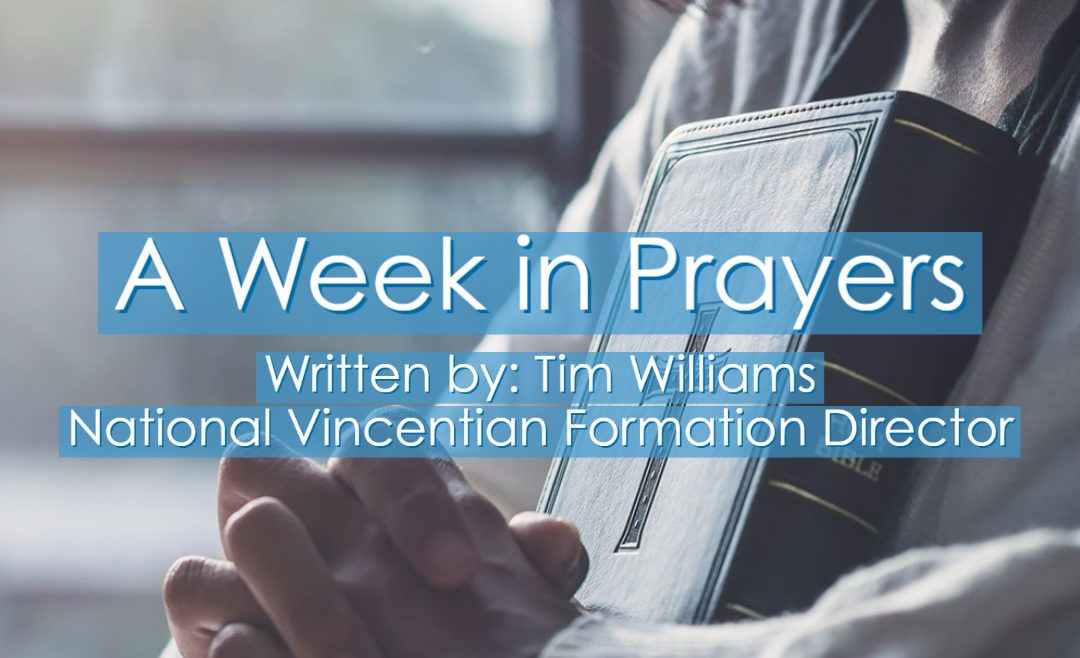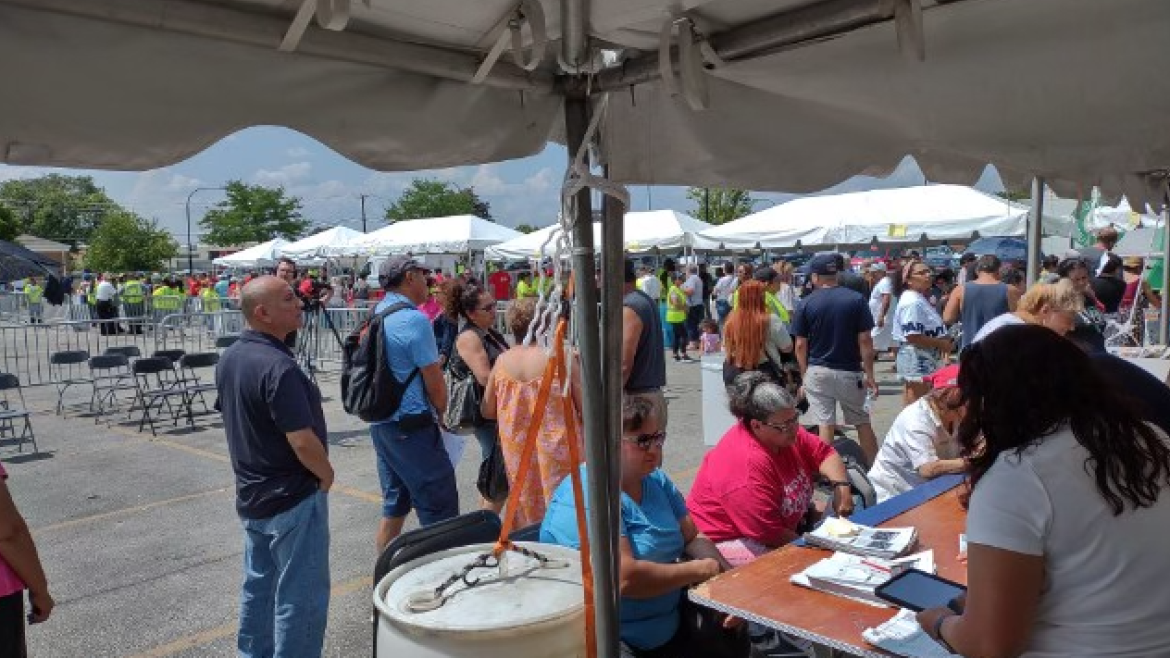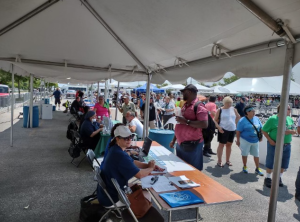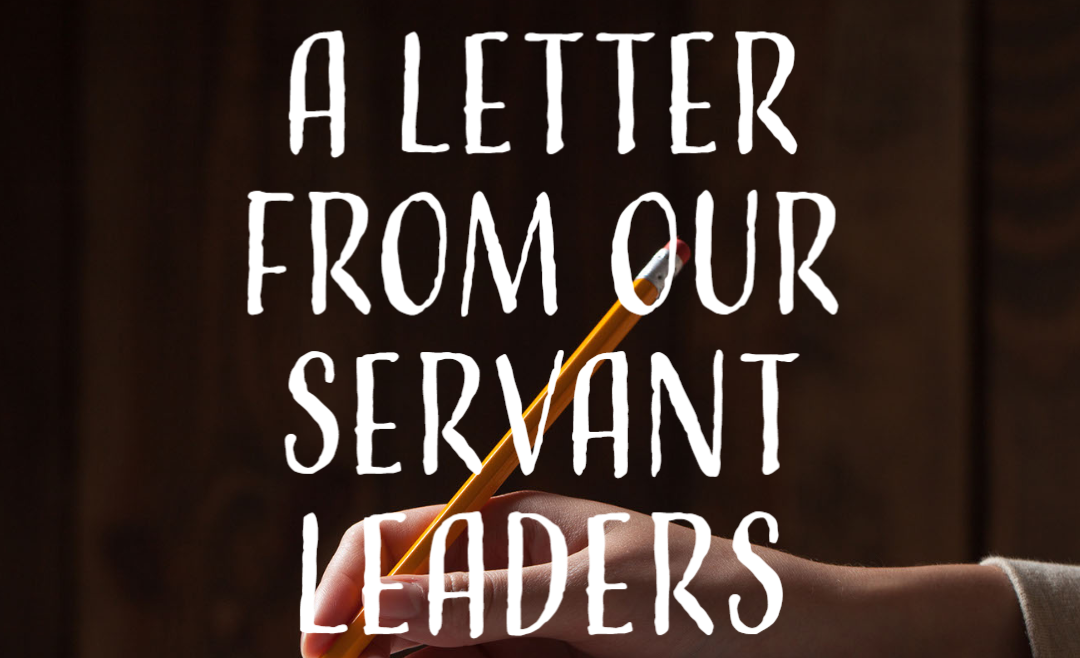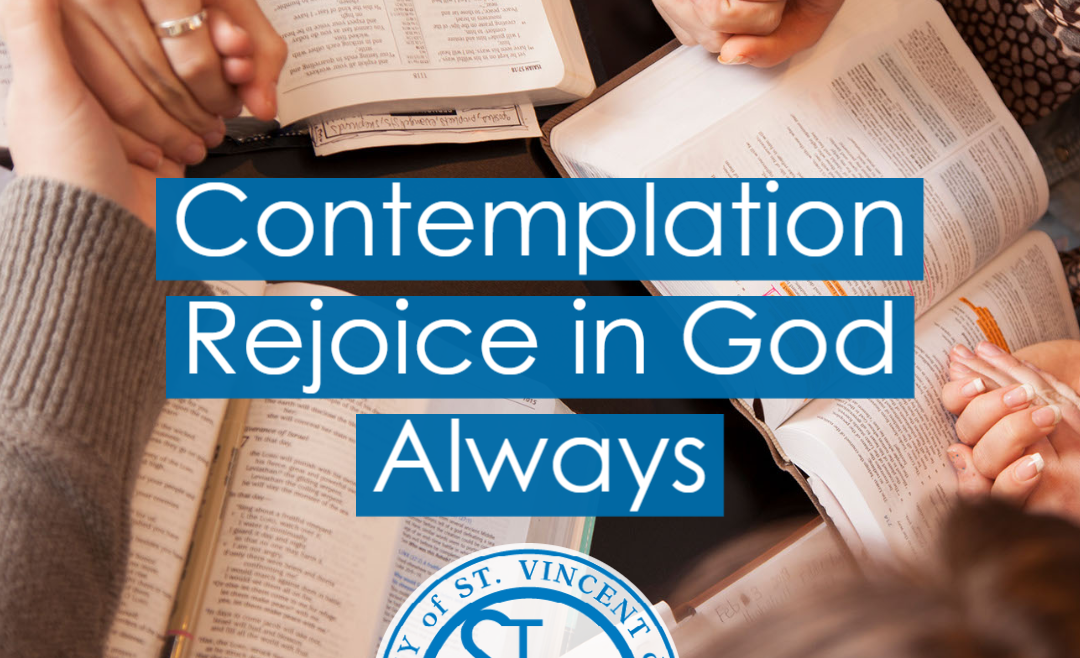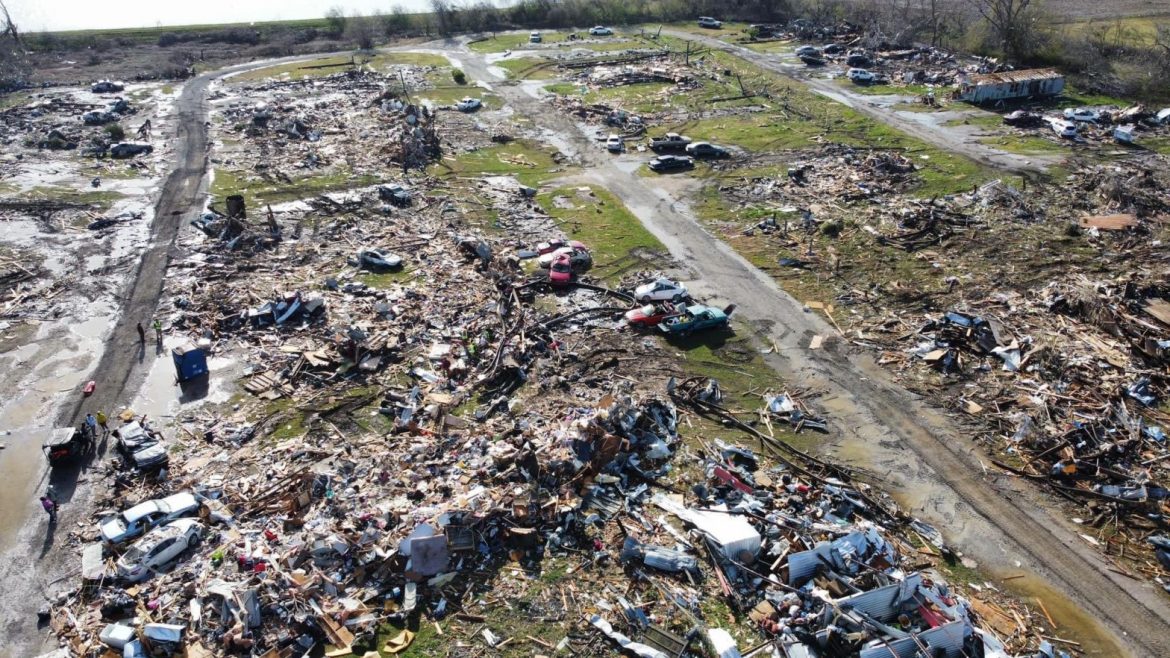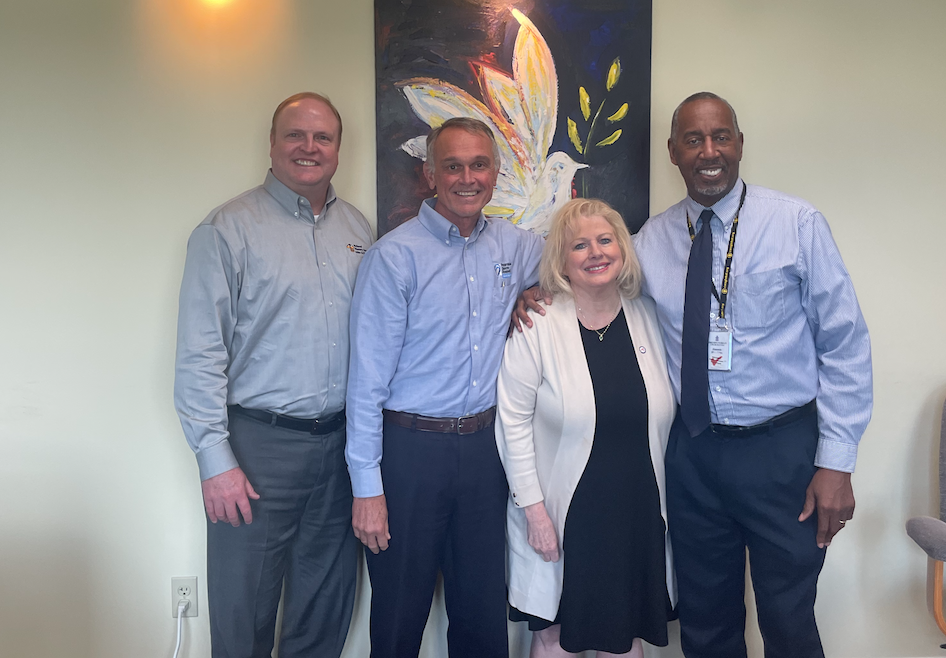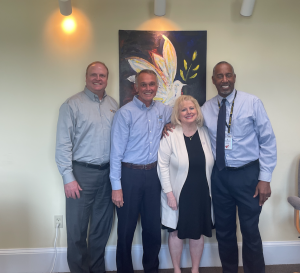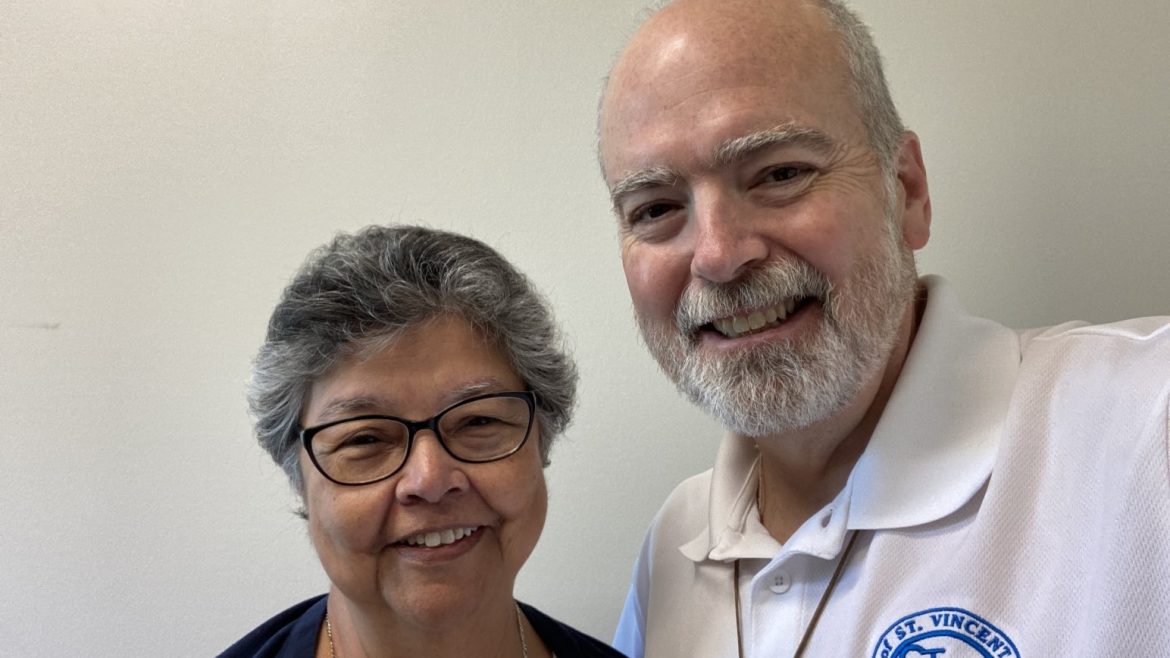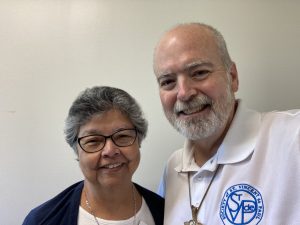Monday, July 31
Tend to this seed, O Jesus,
That You have planted in my heart.
Water and nourish it,
Turning always as it grows
Toward the light of Your divine love.
Fill my heart completely, Lord,
So that the seed of sanctity
May fall upon all hearts,
Inviting them into Your garden.
Amen
Tuesday, August 1
Heavenly Father,
Grant me faith to persevere
Discerning Your will
Through fog of doubt
Doing Your work
Up steepest climbs
Seeking Your Kingdom
Tirelessly
Amen
Wednesday, August 2
Father, draw me closer to Your Kingdom.
Lord, implant Your will within my heart.
O God, be still the stormy seas around me,
As I strive, for love alone, to do my part.
Amen
Thursday, August 3
Lord, You are rest when I am weary,
Comfort in distress,
Peace in times of turbulence,
And direction when I am lost.
And when I am at peace,
Unburdened by worry or distress,
Still You are my beacon,
My direction,
And my hope.
Amen
Friday, August 4
On every step, Lord Jesus,
You are near.
I am never on my own in times of sorrow.
I am never all alone in times of strife.
At every time, Lord Jesus,
You are here.
My heart is never empty,
My burden’s not too much.
You are the light that guides me.
You are my hope.
Amen

